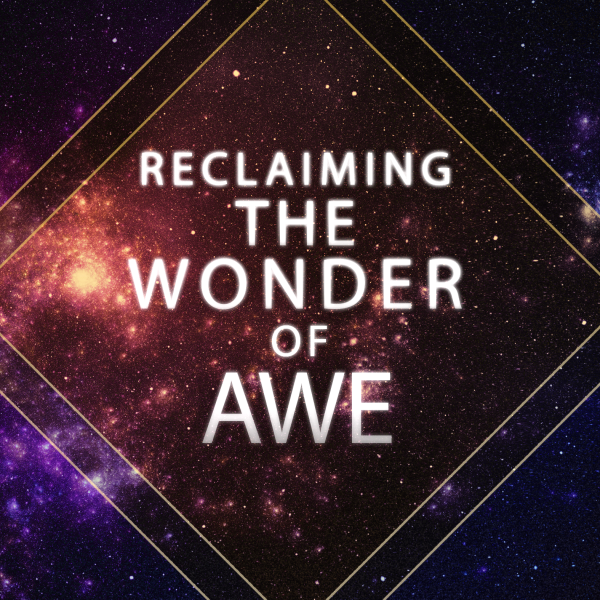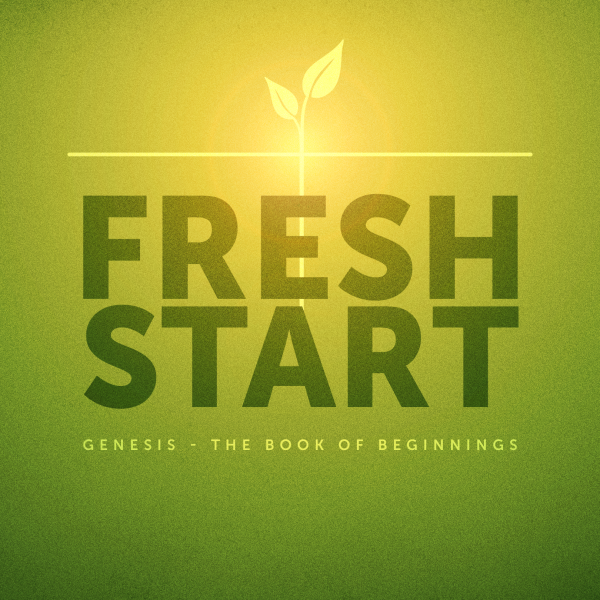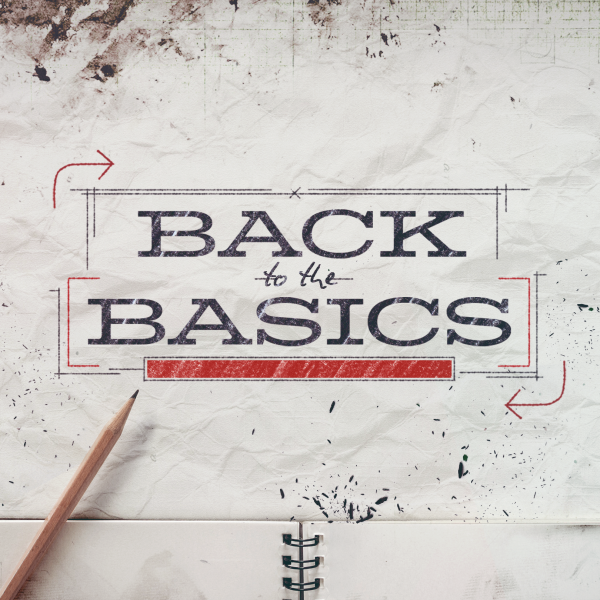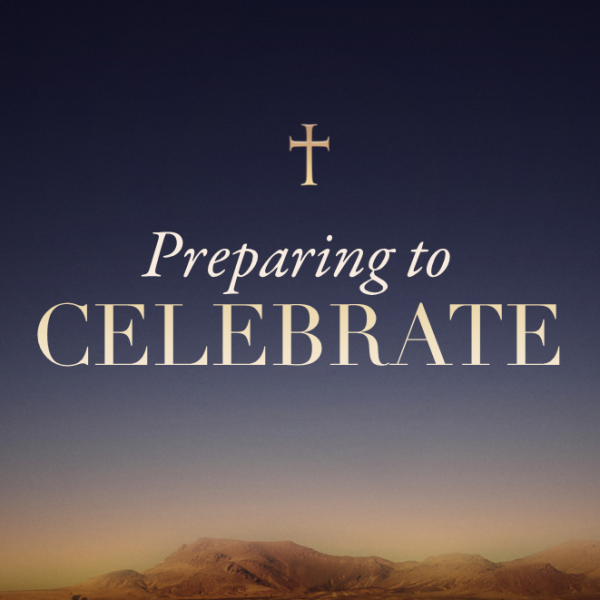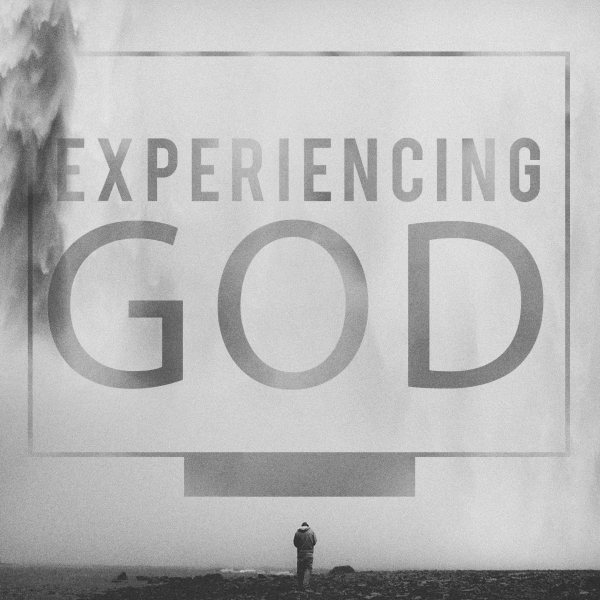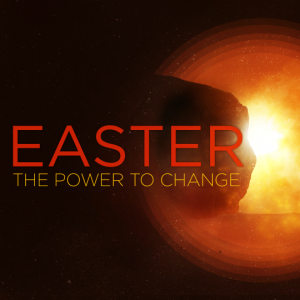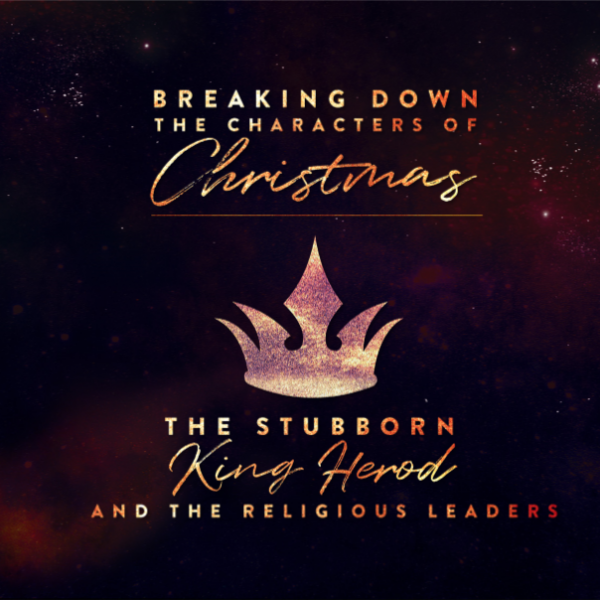The God of Sufficiency
LENT DEVOTIONS (WEEK 4)
This week we move from a place of a challenge to a place of familiarity. The Lenten passage this week is one that is well known across many Christian denominations. For our devotion, we focus on the latter half of this passage and how it might inspire us in a new and fresh way.
SCRIPTURE: John 3:19-21
DISCUSSION: Take some time to talk about or draw on paper different opposites that you see in your everyday life? What can you learn from them? Together, think of and share times that light was helpful. Also, think of and share times where light was uncomfortable. This John passage urges us to seek truth and to live in the light. What might that look like for you in your home? In your school? In your community?
ACTIVITY: One way that we can follow Jesus is by looking for ways to share the “light of Christ” with others. Our John passage shares that when we live in the light, others will understand that our actions are in line with God’s purposes. But how can we increase our awareness of following the light of Christ? This week, consider using the following verse from the letter to the Philippians as a guide. “Finally, beloved, whatever is true, whatever is honorable, whatever is just, whatever is pure, whatever is pleasing, whatever is commendable, if there is any excellence and if there is anything worthy of praise, think about these things.” (Philippians 4:8). This Sunday evening, gather as a family and brainstorm how you can live in a way that shines Christ’s light in your church, school, community this week. Write down or draw the example you choose. As your act of fasting this week, make the choice to practice your example of Christ’s light in the world. Make a point to check in with each other during the week by asking, “How are you choosing light today?”
PRAYER: God of love and light, You gave us your Son to conquer death and bring us into life. To lead us out of darkness and illuminate our paths with light. Help us this week and every week to learn how to choose light and to share that light with each other so that we may know the vastness of your love for us and for this world. AMEN.
God Opens Eyes
- Do we have to “pay” in this life when we have done something bad? Do children have to pay for the bad choices of their parents?
Read John 9:1-12
- How did the disciples explain the fact that this man was born blind?
- Does this line of reasoning still exist today?
- How does Jesus explain the situation?
- Jesus proceeds to heal that man. What is the significance of the healing? How does it relate to Jesus’ explanation?
- What is the significance of the way Jesus healed the man?
- The man does not seem to know who Jesus really is at the time of his healing. All he knows is what Jesus did for him. Only after a second encounter with Jesus does he “see” who Jesus is (v.35-38). How do you explain this? What can you learn from this?
- If you read the rest of the chapter you will notice that this healing triggers a lively dialogue between the bystanders, Pharisees, parents and Jesus. The theme: who is actually blind and who is not. So, who is “blind” and who is it that “sees” according to this story?
- Where are you on this spectrum?
Power to Change
- Talk about a time you experienced something unexpectedly powerful.
Read: Ephesians 1:15-23
- Power is one of the great themes in Paul’s letter to the believers in Ephesus. That may have been strategic on Paul’s part because Ephesus itself was regarded as a place of power. Socially and civically, the city was powerful and was set to become more of a major player in the Roman Empire of the day. But it was also a center of religious power. Before Paul writes about power, he tells his readers how thankful he is for them. Why is he grateful for his readers (v.15-16)?
- How does Paul blend praise with petition when he prays (v.17)? What are his specific prayer requests for those reading his letter (v.17-19)?
- According to Paul’s prayer, we grow in wisdom the more we get to know God. How does knowing Jesus more help us see and understand things differently?
- What was the greatest display of power the world has ever seen (v.20)?
- Part of Paul’s prayer for the Ephesian believers is that they understand that the power seen at Easter, now vested in Jesus, is available to them daily. Sadly, too many believers are either unaware of this power or don’t access it, which is why he prays that God would open their eyes to see what’s available for them. What should and shouldn’t using this power look like in our daily lives?
- How have you experienced this power in your life? How can this power help you change for the better in your life? Give specific examples.
- What authority does Jesus have now (v.21-22)? Why is this significant?
- Jesus is the head of the church. The church is his body, his hands and feet, carrying out his mission in this world. How can we, his church, act as his agents within the network of relationships in which we live? Give specific examples.
Pray: Thank God for the power we have through Jesus’ resurrection, and ask him to help you see it and access it in your daily life.
Breaking Down the Characters of Christmas: The Stubborn
- Share moments in your life when you tried to prevent the inevitable. What would you do differently in hindsight?
- Jesus was born into a time of violence and fear, spearheaded by a paranoid, neurotic king. But God made sure His Son survived. How was this knowledge a source of comfort to His people then, and can be for you today?
- Jesus, together with Joseph and Mary, lived as refugees in Egypt for several years. How would this be relevant today?
- Innocent children had to die because Herod wanted to secure his power. How does this play out in our society today? Where do you see the powerful and mighty defend their status at the cost of the innocent? Has the church ever done that in history?
- The Messiah came and survived in spite of the efforts of Herod. You can’t stop the unstoppable God. How do you see this play out today? In your life?

